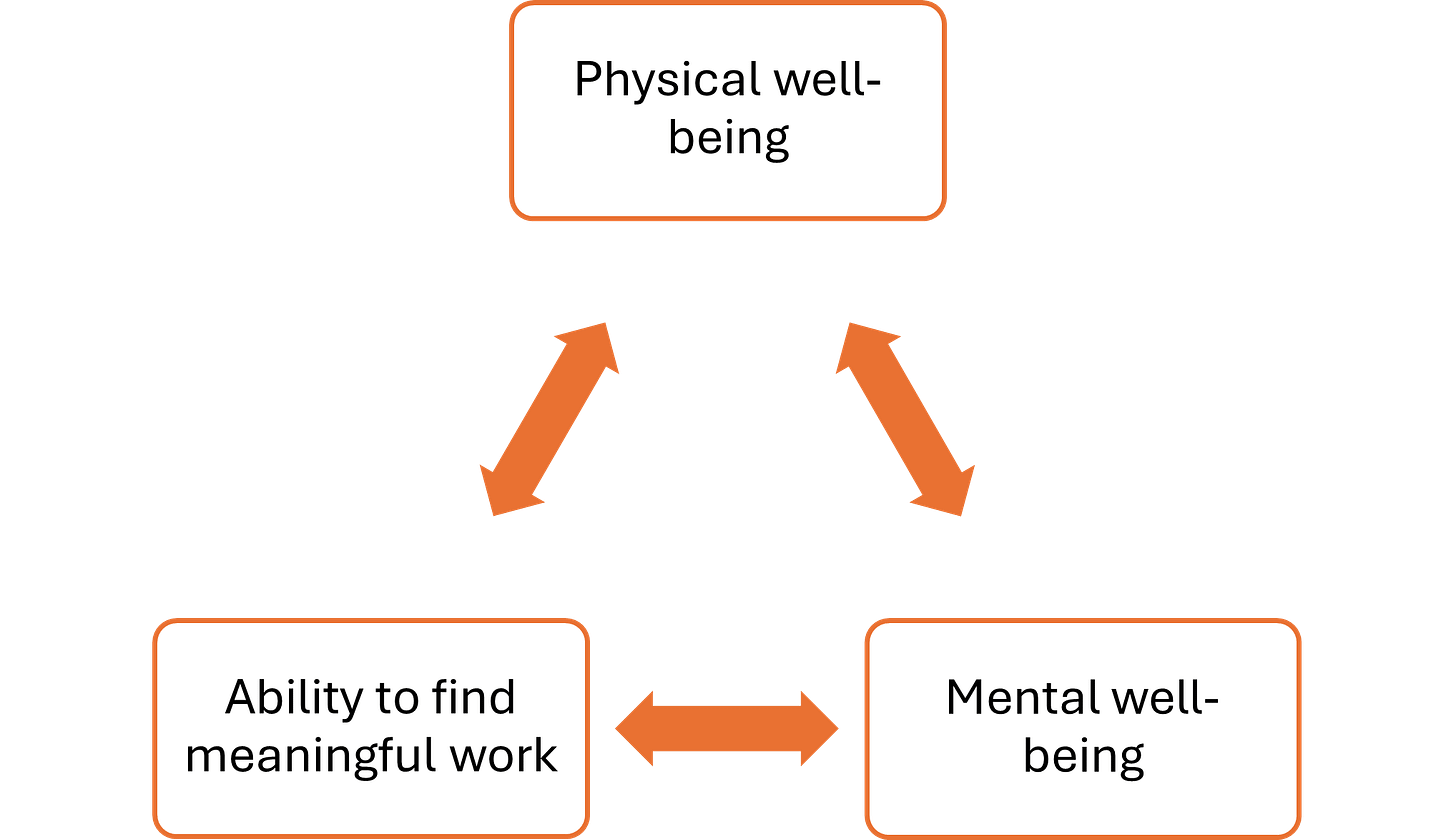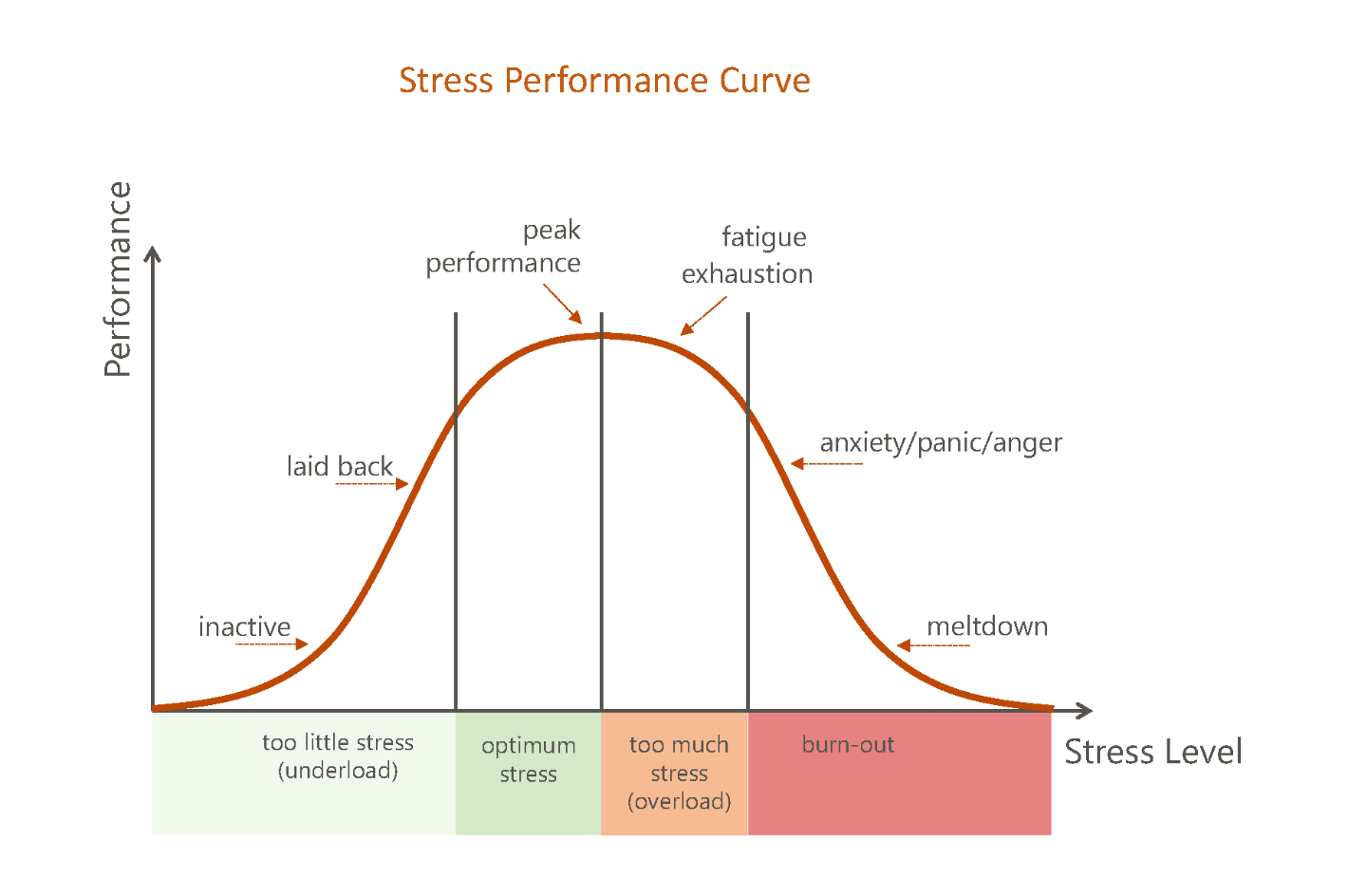This week, we will go deeper into a family’s human capital. We briefly touched on human capital in one of the initial posts from this publication.
At its core, the human capital of a family consists of individuals who make up the family, including their physical and emotional well-being as well as each member’s ability to find meaningful work.
Human capital is a key ingredient to creating an Antifragile Family. But before we get into that, we will explore human capital in more detail.
Different Viewpoints about Human Capital
In many business resources, you will find that the authors focus on people’s knowledge, experiences and skills. This we have covered under a family’s intellectual capital. Many businesses do not place a high value on the health of their employees. Mostly because employees are viewed as interchangeable. Sadly, the mindset of ignoring health in a family is copied, yet there is a key difference: family members are not interchangeable. Also, another observation is that the family is primarily viewed as a danger to the family’s wealth. In worst-case examples, this is true; however, the family is a resource. Multi-generational business families, by and large, have found ways to harvest this resource.
We know that human performance is directly linked to health, both physical and mental health. If you want to improve your decision-making capabilities, you need to improve your overall health. Health is the foundation for anything that follows.
Another aspect that some families realise is that you can start early to work on human capital. Most families leave this for later; however, improving a family member’s health starts at day 0. Many family disputes and dramas have overall poor health at their root, and if not, poor health exacerbates any conflict.
While we focus mostly on the family members when we talk about human capital, I suggest slightly expanding this. Close household employees play a key role. Think of the many who often have a huge impact on a child. This can extend to your butler and other people, who leave an impression on your children. These people are by no means easily exchangeable, and if you think they are, I suggest reading into early children’s development.
Now that I have set the scene with my viewpoints behind human capital, we can get into the details of it.
What are the building blocks of human capital?
Before we can get into specific activities to build human capital, we need to define what human capital is made of.
As mentioned at the beginning, it is physical well-being, mental well-being and the ability to find meaningful work. This gives us a total of three building blocks. Building blocks, however, are only in theory as they each affect one another. Think of it as a triangle. We will have difficulty with mental fortitude if our body suffers. Our body tends to suffer if we are mentally burdened. And if we are unhealthy, we struggle to find meaningful work. While for simplicity’s sake we will look at each block as a stand-alone puzzle piece, they only make a complete picture in tridem.
Physical well-being
How physically healthy is your family? In this building block, we look at things like diet, sport, sleep, chronic illnesses, and physical genetic markers. If we look at the good old hustling entrepreneur, we will find a lack of most of these. They run on little sleep, no sport, poor diet, caffeine (or other performance-enhancing substances) and pain killers. Anyone who has walked this path will tell you it is not worth walking. I have and it is not. Sadly, our society pushes this narrative. Working hard is by no means a bad mindset. But there are ways to work hard, sustainably and then there is exploitation of your body. Rather than exploiting yourself and your family when they are young and then reaping bad health, regret and anger later, there is ways to push people sustainably. This is what this building block is all about.
Mental well-being
How mentally healthy is your family? Here we look at emotional stability in people, life satisfaction, substance abuse, addiction, mental illnesses, neurodiversity, inherited trauma and mental genetic markers. The mental health of each individual is crucial here and the mental health of the group. This goes hand in hand with the family’s internal social capital. The family’s mental health has a direct impact on the quality of their relationships. Families that are ravaged by mental problems usually have many broken relationships. People will behave erratically, and everyone’s feelings are hurt. While one suffering person can be a trigger for huge improvement in the group, too many of them will tip the scales. Awareness of the family’s mental well-being is crucial and the first step. Very often, things like substance abuse, neurodiversity, addiction or depression are being ignored. I walked through this and can tell you it is a losing strategy. Only when you know where issues are and acknowledge them can you work on them. This is true for anything in life.
Ability to find meaningful work
This is all about a person’s ability to find meaningful work. What are your family members up to in life? Are they following a career that is meaningful? Or are they in derogatory terms, a trust-baby? Or are they in an existential vacuum? People need something to do in life and that needs to be something that makes sense. However, they do not need to be overburdened either. Below you can see the stress-performance curve. I have spent many years in the “too little stress” and “too much stress” parts of the curve, with a few brief stints in the “burn-out” phase. They are not pretty. While overload is part of life and can be endured reasonably well in short periods, they are poison long-term. I even go so far as to say that overload periods are necessary to build strong character. Yet, in drips and not in gushes. Having nothing meaningful to do will lead people to fall into an existential vacuum. This can be younger family members who feel useless or overwhelmed by their ancestors’ achievements. Or it can be elders who have recently let go and have fallen into a depression for lack of purpose.
In short, everyone needs a meaningful task in life. They need to feel it and decide what that is. No one, not even the patriarch or matriarch can decide this for anyone.
The Risks of Low Human Capital - Why is it important?
The risks of having low human capital might seem obvious to some, and to others not at all. I have mentioned a few in places above; however, it feels important to name the elephant in the room.
Human Capital builds a family’s foundation. A person’s body and mind are their most important resources. Out of these two, we create things and we achieve things. The healthier we are, the further we go. See it like a car, physical well-being is the machine, the engine, the more horsepower it has, the faster and further it goes. The mental well-being is a quality of the driver; it makes a difference if you put Octavian in the driver's seat of Sebastian Vettel. I know who I want to be driving, and it isn’t me…
If the human capital is lacking in a family, we will risk the other types of capital. The social, intellectual, cultural and financial capital. The cultural capital not as much as the other three, mind you; however, this can easily be damaged too. Poor health leads to bad decisions. Bad decisions lead to bad investments, bad relationship choices and hurt feelings. Bad health impacts our capacity to learn and build intellectual capital. The biggest issue here is that all of this leads to family disputes, and on the long run it leads to family trauma that is passed down to the next generation and the next. IF you want to read in detail how childhood trauma affects your family, go here.
The biggest Risk of them all:
And the biggest risk of them all is the loss of human capital altogether. Early death of family members, be it from sickness, bad life choices or the ultimate trauma: suicide. You can make new relationships, even mend the broken ones, you can make back money, you can sit and crunch knowledge and rewrite the family culture. You cannot get back dead family members.
What is next?
The next article will focus on how we can create an antifragile human capital base. What can we do for a family’s and their members’ mental and physical well-being to improve through hardship?





